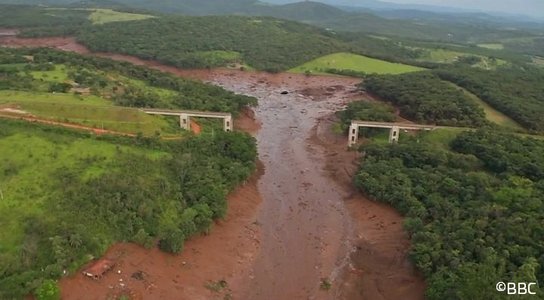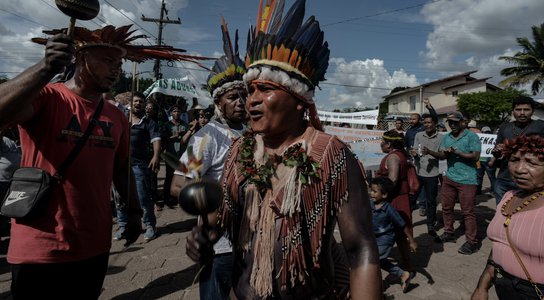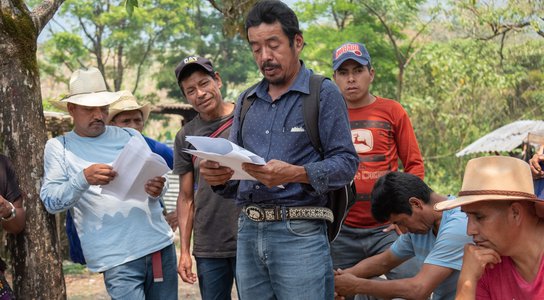Amid the political earthquakes erupting in Whitehall on a daily basis, you could be excused for having missed an eight-page document the government published with little fanfare earlier this month.
But this brief statement could have an important impact on people who are defending human rights and the environment in the face of oppression, harassment and often deadly violence. And now, whether the UK government follows through on its pledge – to hold British businesses to account for their role in driving these abuses – will define what kind of country it wants to be in the future.
The document aims to shore up Britain’s self-styled reputation as a champion of human rights by filling a potential gap in policy after Brexit. It commits the government to taking action to support human rights defenders “wherever they are in the world” – particularly when they are at risk from UK-backed business projects. It also singles out groups that are most vulnerable because of their work, such as journalists, indigenous communities and land and environmental defenders.
This is a sad truth I know all too well. For the past seven years, we at Global Witness have been documenting the deaths of people protecting their land and our environment. Our latest research released this week shows at least three people were killed on average every week in 2018, while countless more were threatened, smeared or thrown in jail. Their deaths are emblematic of the relentless drive by big business and often corrupt governments to exploit our natural resources at any cost.
They include people like Julián Carrillo, who was murdered for his vocal opposition to mining concessions on his community’s land in Chihuahua State in Mexico. He was the sixth member of his family to be killed in two years. Or Neri and Domingo Esteban Pedro, brothers whose bodies were dumped on the banks of the Yal Witz River near a hydropower project they were protesting in western Guatemala, one of 16 land and environment defenders killed there last year.
In the face of this violence, the UK’s commitment to the people who are protecting our planet is more vital than ever. Significantly, the new guidelines also include a pledge that embassies will intervene directly when UK companies are implicated in human rights abuses. They also single out oil, gas and mining companies as industries that need particular oversight.
This is significant because extractive industries are key drivers of attacks against defenders – last year mining was the deadliest of all, causing 43 out of the 164 deaths. And it is not unheard of for the companies behind these abuses to be British. Last year, for example, the worst massacre we recorded was a mine in southern India owned by London-based Vedanta resources, where 13 protesters were shot dead. We have also exposed how LSE-listed SOCO bankrolled violence in DR Congo in its quest for oil.
If the UK truly wants to live up to its commitments to protect human rights defenders around the world then it needs to stop atrocities like this from happening in the first place. That means proactively engaging with British businesses to guarantee that they respect local land rights. It means certifying that their supply chains don’t fuel environmental destruction. And it means enforcing effective due diligence so they can’t work with shady local companies.
It also means defending human rights all the time – not just when it suits us. While the UK likes to present itself as a champion of human rights defenders, its track record is questionable. From arms sales to Saudi Arabia to surveillance equipment to Honduras, the government has often put cash ahead of credibility. Every defender deserves the UK’s support and protection; their safety shouldn’t depend on what deal is being done or the goodwill of a particular ambassador.
These principles must also apply at home. As our report highlights, in recent years the UK legal system has increasingly been used by the oil and gas industry to shut down opposition. Meanwhile, the authorities have been accused of using anti-terrorism procedures to target environmental activists. Last month critics wrote an open letter to the police urging them to stop branding peaceful protests as ‘domestic extremism’.
The UK government’s pledge to stand up for human rights defenders around the world is an important step forward in protecting the people who protect the planet. But if we mean it, then the government needs to live up to its promises. Whether the UK fulfils its pledges to put human rights before profit will define who we want to be for the future.

